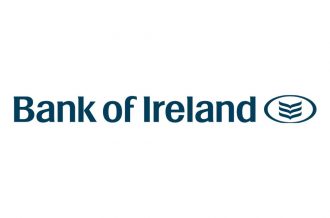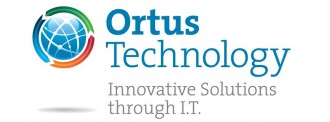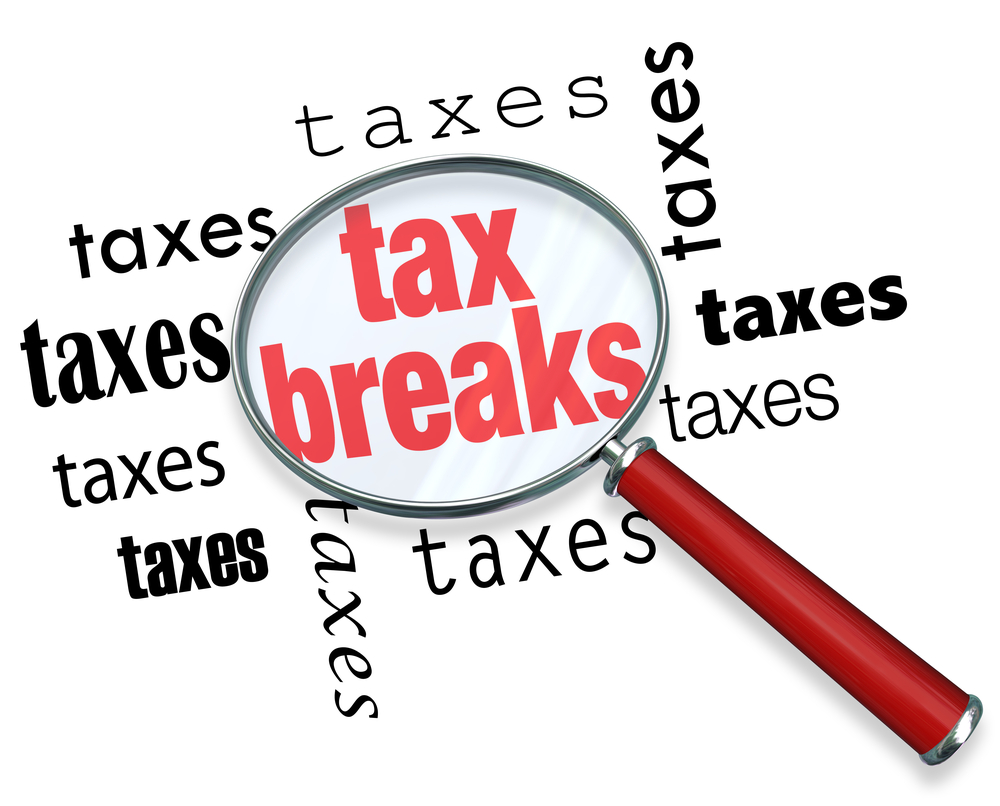
Tax Reliefs for Small Businesses – Why Are They Not Being Availed Of?
There are many Tax Relief/Tax Incentive Schemes that many business professionals are not aware of and don’t look closely at. Some can be very advantageous when the criteria is met and some can be used a mean of tax efficiency. A couple you would likely have heard of already whereas some you will not have heard about. Have a read through and see which is the most applicable to your circumstances and company.
The Employment Investment Incentive Scheme
Get 41% tax relief on €150,000 investment! The Employment Investment Incentive (EII) replaced the Business Expansion Scheme and provides tax relief for investment in certain corporate trades. The maximum investment by all investors in any one company or group of companies is €10m subject to a maximum of €2.5m in any one 12 month period. It allows individual investors to obtain income tax relief on investments up to a maximum of €150,000 per annum in each tax year.
Subject to certain restrictions for high income earners, relief is initially available to an individual at 30%. A further 11% tax relief will be available where it has been proven that employment levels have increased at the company at the end of the holding period (3 years) or where evidence is provided that the company used the capital raised for expenditure on research and development. The investor will be allocated a fixed number of shares for his/her investment with a Put & Call Agreement usually put in place for the business to redeem the shares once the 4 year term is up at the initial purchase price.
The overall concept is that all going well the business will remain trading after 4 years, the company will have received a cheap source of finance, the investor gets tax relief plus a direct return on their investment ranging from 8-16%. There are many schemes for individuals interested in an EIIS investment and the process can be undertaken through a fund or by investing in an individual company.
Accelerated Capital Allowance Scheme
Write off your Purchases against Corporation Tax! The ACA is a tax incentive for companies paying corporation tax and aims to encourage investment in energy efficient equipment. The ACA offers an attractive incentive whereby it allows companies to write off 100% of the purchase value of qualifying energy efficient equipment against their profit in the year of purchase. The scheme is administered under the umbrella of the Sustainable Energy Association of Ireland. Qualifying products now come under now include 52 technologies and a full list of the qualifying product purchases can be found at www.seai.ie.
The Home Renovation Scheme
Saving money on Home Renovations! The HRI (Home Renovation Incentive) has been hailed by the government as an example of a practical success story. Even still the benefits of the scheme have still not been maximised by home owners or contractors. The scheme is scheduled to run until December 2015 and there is still time to get involved. The Incentive provides for tax relief by way of an Income Tax credit at 13.5% of qualifying expenditure on repair, renovation or improvement works carried out on a main home or rental property by qualifying Contractors. The works must cost a minimum of €4,405 (before VAT) per property, which will attract a credit of €595. Where the cost of the works exceeds €30,000 (before VAT) per property, a maximum credit of €4,050 will apply.
The credit is payable over the two years following the year in which the work is carried out and paid for. The first year for HRI tax credits is 2015 for Homeowners and 2016 for Landlords. Homeowners or Landlords must be Local Property Tax and Household Charge compliant in order to qualify under the Incentive. Landlords must also have complied with the Private Residential Tenancies Board registration requirements. Contractors must be VAT and RCT registered and tax compliant in order to qualify to carry out works under the HRI. The Incentive will be administered through Revenue HRI online.
Early Retirement Relief Scheme
Succession Planning is an important but often overlooked aspect of the modern small and family business. Under the Early Retirement Scheme a business owner(s) can choose to sell the business to say a family member to own and operate once they have reached the minimum age of 55 without incurring Capital Gains Tax (CGT). Thus they can recoup their investments into the businesses in a tax efficient manner. Better still the former owners of the business are not require to actually retire and can maintain working in the business, even running the company as normal. Naturally there are some terms and conditions as well as some claw back provisions in place to restrict abuses of the scheme but in general it is a very beneficial and fair scheme and one that can be used to an individuals advantage.
The Seed Capital Scheme
Seed Capital Scheme (SCS) is a tax incentive schemes designed to encourage investment in businesses. The SCS is intended for those who are or were in PAYE type employment. To be eligible, the entrepreneur must enter into a full-time employment contract for at least one year with the company as an employee or a director and he or she must acquire at least 15% of the issued share capital of the company. The SCS provides for a refund of tax already paid by a specified individual, when that individual makes a relevant investment in a qualifying company. Relief from income tax may be claimed in respect of the investment, subject to a maximum investment of €100,000 in any year of assessment. The business must be a new venture and must be a limited company. The individual can claim back income tax up to 6 years. Again some terms and restrictions apply (e.g. there can be no special arrangement with former employers) but overall a useful scheme which will run until 2020.
Tax Exemption for Start-Up Companies
In an attempt to encourage the establishment of new companies a three year remission from taxation from profits and capital gains for companies with a tax liability of less than €40,000 per annum was announced in Budget 2009. The aim is to provide a stimulus for entrepreneurs in a challenging commercial environment. Companies that qualify will be fully exempt from corporation tax on trading profits and chargeable gains on the disposal of assets used for the new trade where the total amount of corporation tax does not exceed €40,000. At the current rate of corporation tax i.e. 12.5% this equates to €320,000 of profits per year. Where corporation tax for the period is between €40,000 and €60,000, marginal relief will apply. No relief is available where corporation tax liability for the period exceeds €60,000. This relief will apply for three years from the commencement of the new trade. Since 2011 the maximum relief for new companies is now €40,000 per annum. Certain trades are excluded as qualifying companies including: professional services, mining activities, mining and dealings in petroleum. None the less it is a very useful and somewhat underutilised scheme.
Now that you have had time to digest the basics of each scheme choose the one that is the most applicable to you and contact your accountant to discuss how you can go about qualifying under the scheme. Odds are you and your business will be paying enough tax in normal business activities as it is so why not explore some of the options readily available to help you and your business in 2015. For further details about any of the above schemes contact Avid Partners on 0818 303087, email us at advice@avidpartners.ie or fill out the enquiry form below.
-
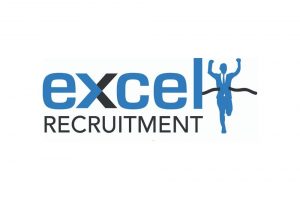 "A breath of fresh air. Your firm demonstrated enormous commercial understanding in turning around negotiations with a potential target vendor. I admire your style and ability to drive the deal forward. Many thanks."
"A breath of fresh air. Your firm demonstrated enormous commercial understanding in turning around negotiations with a potential target vendor. I admire your style and ability to drive the deal forward. Many thanks." -
 "I would like to say I'm very happy with your service, especially the audit team, your staff are always friendly, helpful and a pleasure to deal with."
"I would like to say I'm very happy with your service, especially the audit team, your staff are always friendly, helpful and a pleasure to deal with." -
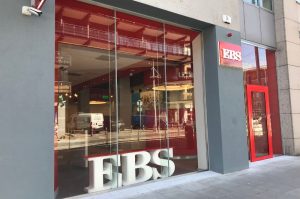 "Your business approach to clients is very impressive. I have always found that when explaining the types of service on offer, it is always concise and straight forward. The level of trust that clients place in your company and its staff speaks volumes."
"Your business approach to clients is very impressive. I have always found that when explaining the types of service on offer, it is always concise and straight forward. The level of trust that clients place in your company and its staff speaks volumes." -
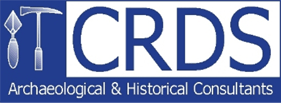 "I would like to take this opportunity to say how much we are impressed with your company's professionalism, it has been a pleasure working with you all and we look forward to working with you in the future."
"I would like to take this opportunity to say how much we are impressed with your company's professionalism, it has been a pleasure working with you all and we look forward to working with you in the future." -
 "Avid Partners - Accountants & Business Advisors are an excellent firm of accountants, their quality ethos is outstanding."
"Avid Partners - Accountants & Business Advisors are an excellent firm of accountants, their quality ethos is outstanding." -
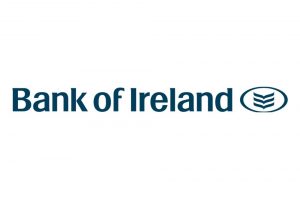 "I have dealt with Jamie O' Hanlon, of Avid Partners - Accountants & Business Advisors Chartered Certified Accountants, for a number of years as he is auditor to one of my clients. I have always found him to be professional and responsive in his approach."
"I have dealt with Jamie O' Hanlon, of Avid Partners - Accountants & Business Advisors Chartered Certified Accountants, for a number of years as he is auditor to one of my clients. I have always found him to be professional and responsive in his approach." -
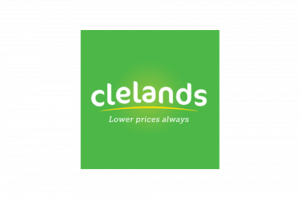 "Service is second to none; there is always someone at the end of the phone for any business advice. The staff are very easy to get along with, very approachable and know exactly what they are talking about"
"Service is second to none; there is always someone at the end of the phone for any business advice. The staff are very easy to get along with, very approachable and know exactly what they are talking about" -
 Having got to know the company through the BNI we decided it was time to change accountant. What impressed me about Avid Partners was their professionalism. Their attention to detail was second to none and as an added bonus they are a sounding board to all of my questions. Avid also potted some irregularities in my accounts from the previous few years and saved me substantial money on the years tax bill. Avid Partners deliver a first class service which is everything you could want from an accountant and I am happy to give this endorsement.
Having got to know the company through the BNI we decided it was time to change accountant. What impressed me about Avid Partners was their professionalism. Their attention to detail was second to none and as an added bonus they are a sounding board to all of my questions. Avid also potted some irregularities in my accounts from the previous few years and saved me substantial money on the years tax bill. Avid Partners deliver a first class service which is everything you could want from an accountant and I am happy to give this endorsement. -
 We at Fitzies Bar have worked with Avid Partners - Business & Financial Advisers for over five years. We find that the advice and support offered to us in addition to all of our book-keeping requirements to include payroll, VAT, etc. is invaluable and has helped to contribute to our continued growth especially in these challenging times. I would have no hesitation in recommending Avid Partners.
We at Fitzies Bar have worked with Avid Partners - Business & Financial Advisers for over five years. We find that the advice and support offered to us in addition to all of our book-keeping requirements to include payroll, VAT, etc. is invaluable and has helped to contribute to our continued growth especially in these challenging times. I would have no hesitation in recommending Avid Partners. -
 Jamie and his staff are a pleasure to work with. They respond promptly to any queries we have and are critical to our financial planning and the future needs of our business. I would highly recommend them to anyone interested in accounting services.
Jamie and his staff are a pleasure to work with. They respond promptly to any queries we have and are critical to our financial planning and the future needs of our business. I would highly recommend them to anyone interested in accounting services. -
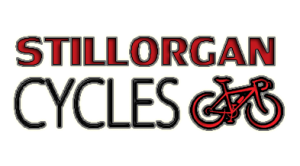 We at Stillorgan Cycles have used Jamie and his Team at Avid Partners – Accountants and Business Advisers for over five years. We have found that the retail advice and support offered to us is second to none and has helped to contribute to our continued growth especially in these challenging times. I would have no hesitation in recommending Avid Partners.
We at Stillorgan Cycles have used Jamie and his Team at Avid Partners – Accountants and Business Advisers for over five years. We have found that the retail advice and support offered to us is second to none and has helped to contribute to our continued growth especially in these challenging times. I would have no hesitation in recommending Avid Partners. -
 I met Avid Partners through a local business networking group. We had been using the same accountants for years and found that in these harsh economic times that we were not getting good enough value or service. We were very impressed by the company's professionalism and enthusiasm and genuine interest in helping us get the most out of our business. As a result we are now clients of Avid Partners and are thrilled with our decision.
I met Avid Partners through a local business networking group. We had been using the same accountants for years and found that in these harsh economic times that we were not getting good enough value or service. We were very impressed by the company's professionalism and enthusiasm and genuine interest in helping us get the most out of our business. As a result we are now clients of Avid Partners and are thrilled with our decision.
